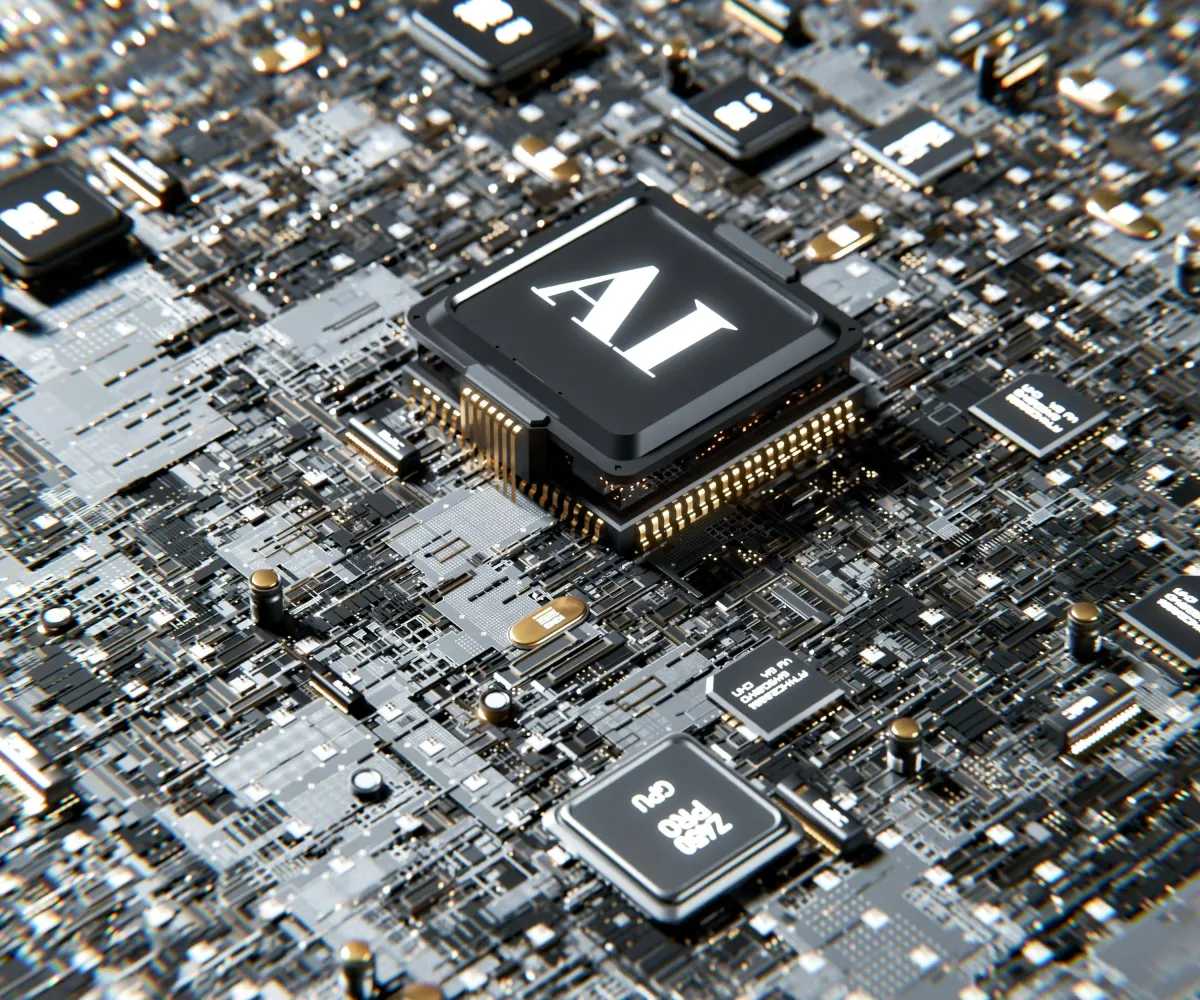
AI Innovations in Healthcare: Enhancing Dental Implant Therapy and Patient Outcomes
Introduction
From diagnostics to personalized treatment plans, the benefits of AI innovations in health care are no longer hypothetical—they're happening now. As AI systems become more sophisticated, they're reshaping how providers deliver care, reduce administrative burdens, and improve patient outcomes. This transformation isn't about replacing humans; it's about equipping clinicians with tools that enhance accuracy, efficiency, and access. The future of health care is being built today—one algorithm at a time.
1. AI in Healthcare: A Paradigm Shift
Artificial Intelligence (AI) is revolutionizing the healthcare industry by enhancing diagnostic accuracy, streamlining administrative tasks, and personalizing patient care. AI algorithms can analyze vast datasets to identify patterns that might be missed by human clinicians, leading to earlier and more accurate diagnoses.
Key benefits of AI innovations in healthcare include:
Improved Diagnostic Accuracy: AI-powered tools can detect anomalies in imaging studies, such as MRIs and CT scans, with remarkable precision.
Predictive Analytics: By analyzing patient data, AI can predict disease progression and potential complications, allowing for proactive interventions.
Operational Efficiency: AI automates routine administrative tasks, reducing the burden on healthcare staff and allowing them to focus more on patient care.
2. AI in Dental Implant Full Arch Therapy
In the realm of dental care, AI is making significant strides, particularly in dental implant full arch therapy. This procedure involves replacing an entire arch of teeth with implants, and AI is enhancing every step of this complex process.
Applications of AI in dental implant therapy:
Treatment Planning: AI algorithms assist in creating precise surgical guides by analyzing 3D imaging data, ensuring optimal implant placement.
Patient Assessment: AI tools evaluate bone density and anatomical structures to determine the suitability of patients for full arch implants.
Outcome Prediction: By analyzing historical data, AI can predict the success rates of implant procedures, aiding in informed decision-making.
3. Enhancing Patient Experience Through AI
AI is not only transforming clinical procedures but also enhancing the overall patient experience.
Ways AI improves patient engagement:
Virtual Assistants: AI-powered chatbots provide patients with instant responses to queries, appointment scheduling, and post-operative care instructions.
Personalized Communication: AI analyzes patient preferences and behaviors to deliver tailored health education and reminders.
Telehealth Integration: AI facilitates remote consultations by triaging patient concerns and summarizing medical histories for clinicians.
4. Ethical Considerations and Challenges
While the integration of AI in healthcare offers numerous benefits, it also presents ethical challenges that must be addressed.
Key considerations include:
Data Privacy: Ensuring patient data is securely stored and used responsibly is paramount.
Bias in Algorithms: AI systems must be trained on diverse datasets to prevent biases that could affect patient care.
Regulatory Compliance: Adhering to healthcare regulations and obtaining necessary approvals for AI tools is essential for safe implementation.
5. Future Outlook: AI and Healthcare Synergy
The synergy between AI and healthcare is poised to grow, with emerging technologies promising even greater advancements.
Anticipated developments:
Integration with Wearables: AI will analyze data from wearable devices to monitor patient health in real-time.
Advanced Robotics: AI-driven robots may assist in complex surgeries, enhancing precision and reducing recovery times.
Global Health Initiatives: AI can play a pivotal role in managing public health data, predicting outbreaks, and allocating resources efficiently.
Conclusion
The integration of AI into healthcare systems heralds a new era of medical innovation. From enhancing diagnostic accuracy to revolutionizing dental implant therapies, the benefits of AI innovations are vast and transformative. As we navigate the ethical and practical challenges, the focus must remain on leveraging AI to improve patient outcomes, streamline operations, and make healthcare more accessible and personalized.